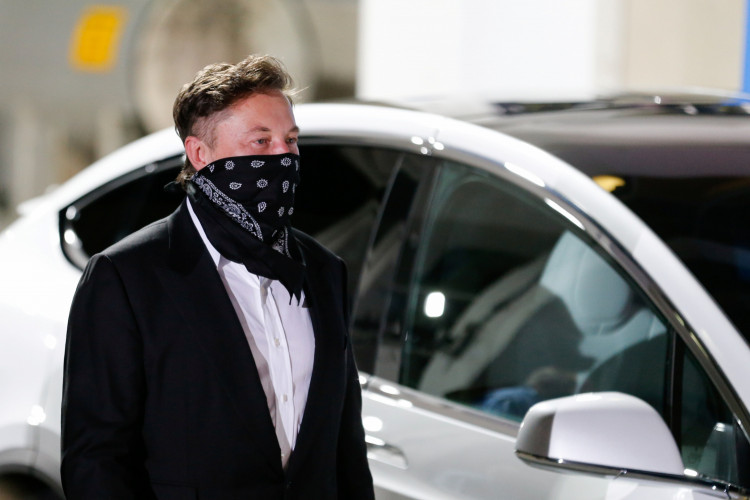In the days after billionaire founder Elon Musk revealed the US electric-vehicle pioneer was still having many hurdles with the national government, politicians from at least four Indian states flocked to Twitter to invite Tesla Inc. to set up shop in their provinces.
Tesla's efforts to negotiate reduced import duties, which can be as high as 100%, have hampered its plans to sell its vehicles in one of the world's largest markets.
Musk tweeted that his California-based company was "still working through a lot of challenges with the government" after being quizzed about a prospective launch date last week, without going into further detail.
Ministers from numerous Indian states have subsequently responded on Twitter with public overtures to the world's wealthiest man, who is also a frequent user of the social media network.
In talks with India's government for years, Musk and the government have come to a stalemate over a local factory and import duties, meaning Tesla still does not sell vehicles in India three years after expressing clear intent.
Instead of setting up a plant to sell locally and export, Prime Minister Narendra Modi's administration wants Tesla to drop import levies by up to 100% so that Tesla can build a market.
The pitches, which were tweeted over the weekend, promised infrastructure, sustainability, and a quicker approval procedure, among other things. They came from many parts of India, including Telangana in the south, Maharashtra in the west, Punjab in the north, and West Bengal in the east.
While many localities are eager to welcome Tesla, the true impediment is India's import duties on automobiles built elsewhere. Tesla is hesitant to join a huge market without more evidence that it will be successful in India.
Musk has previously stated that Tesla would commit to building a Gigafactory in India if imports could be transported to the country to evaluate demand. The Government of India's focus on restoring the country's lagging industrial sector has stopped it from committing to these objectives.
Setting up automobile plants in India may be tough even for domestic enterprises without government assistance, since red tape, land acquisition, and labor rights continue to be a persistent struggle.
Tata Motors Ltd., run by India's largest corporation, was forced to abandon a near-complete plant in West Bengal in 2008 due to violent protests by farmers opposing land acquisition, delaying its attempt to construct the Nano, the world's cheapest car, in the state.
India, the world's fourth-largest automobile market with a population of over 1.3 billion people, is an appealing offer for EV companies.






